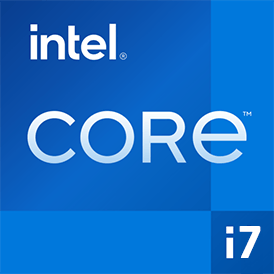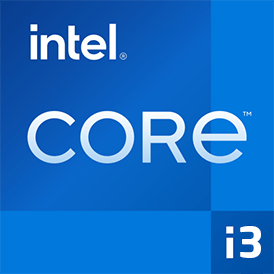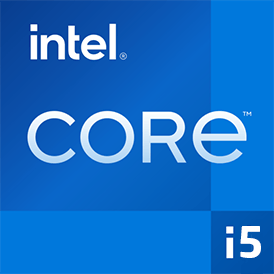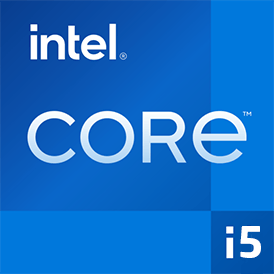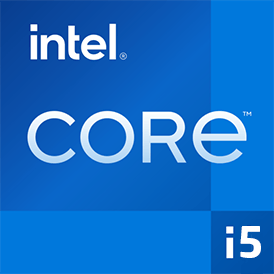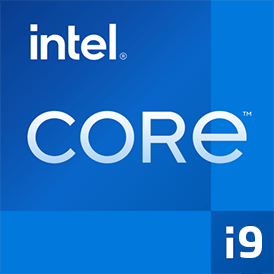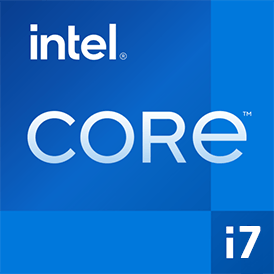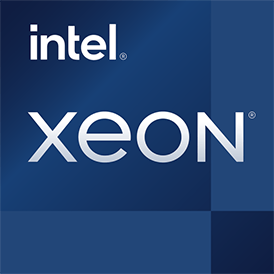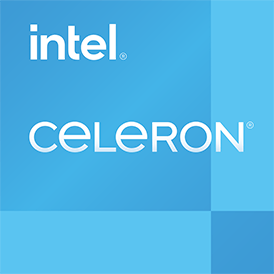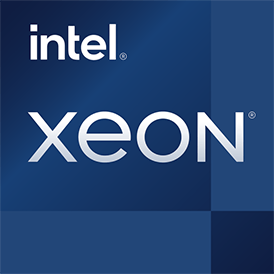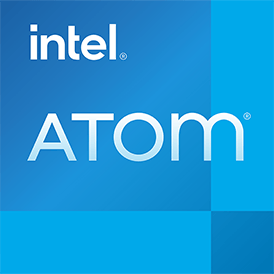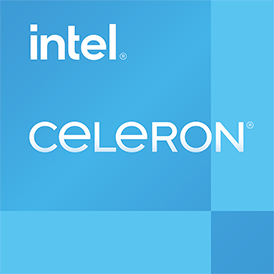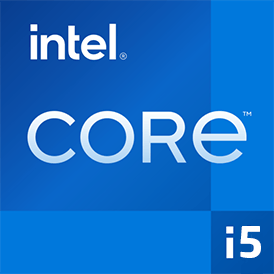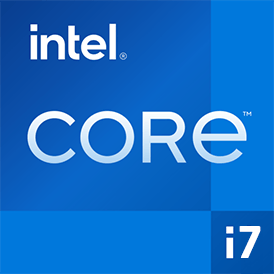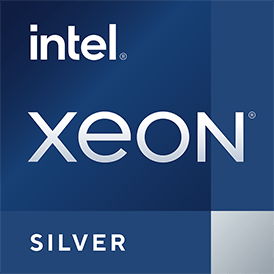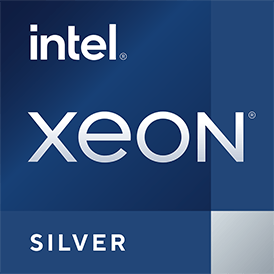Comparison of GIGABYTE GeForce RTX 3060 Ti GAMING OC (GDDR6X) video card vs Intel Arc A770 Graphics 16GB video card by specs and benchmarks. GIGABYTE GeForce RTX 3060 Ti GAMING OC (GDDR6X) runs at 1.410 GHz base clock speed and has 8 GB of GDDR6X memory, while video card Intel Arc A770 Graphics 16GB runs at 1.410 GHz base clock speed and has 16 GB of GDDR6 memory. The weight is different, -- vs --. The TDP of the first video card is 225 W, and the second is 225 W . Compare the benchmark results to find out which video card is better.


 Russian
Russian  Germany
Germany  Portuguese
Portuguese  Italian
Italian  French
French  Japan
Japan  Spanish
Spanish  Polish
Polish  Chinese
Chinese 




